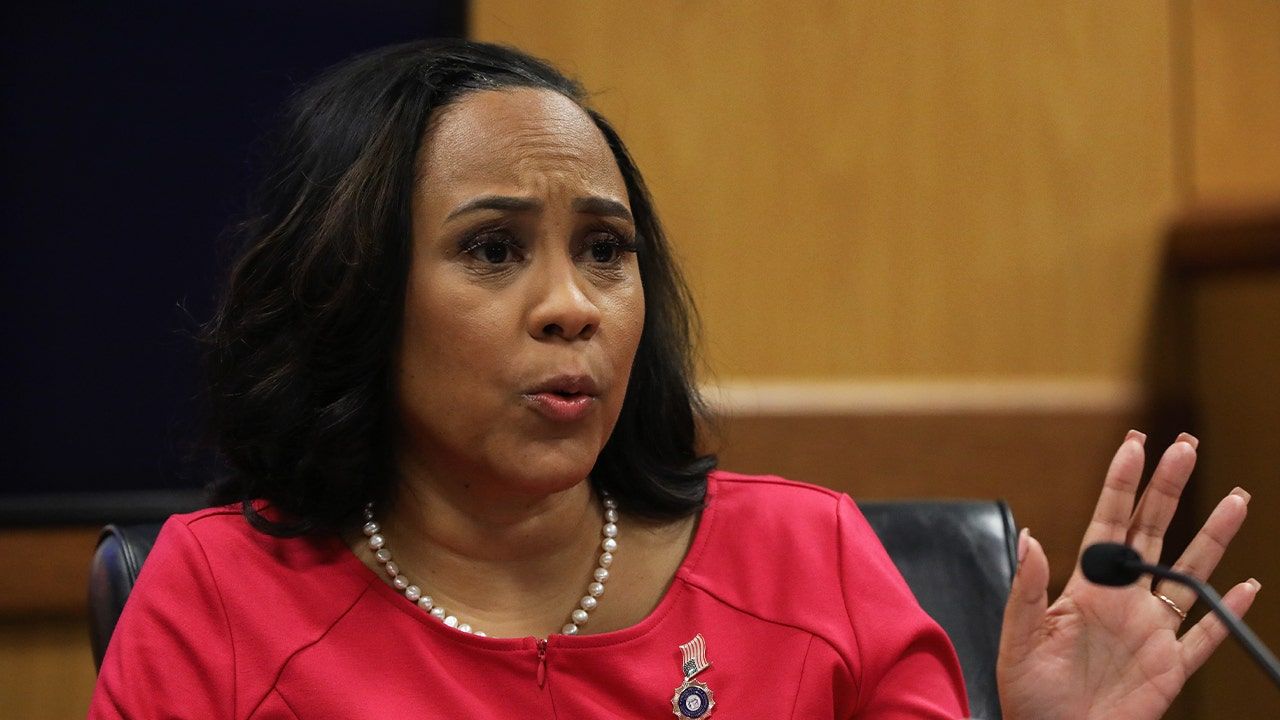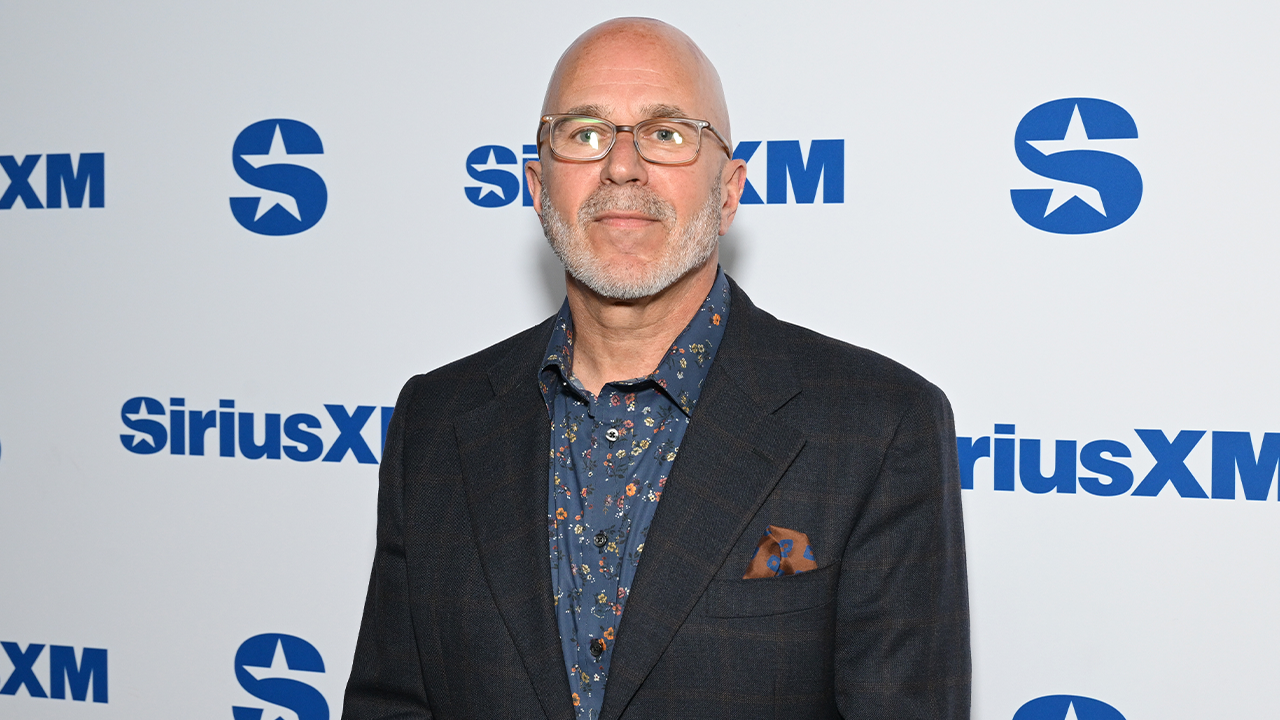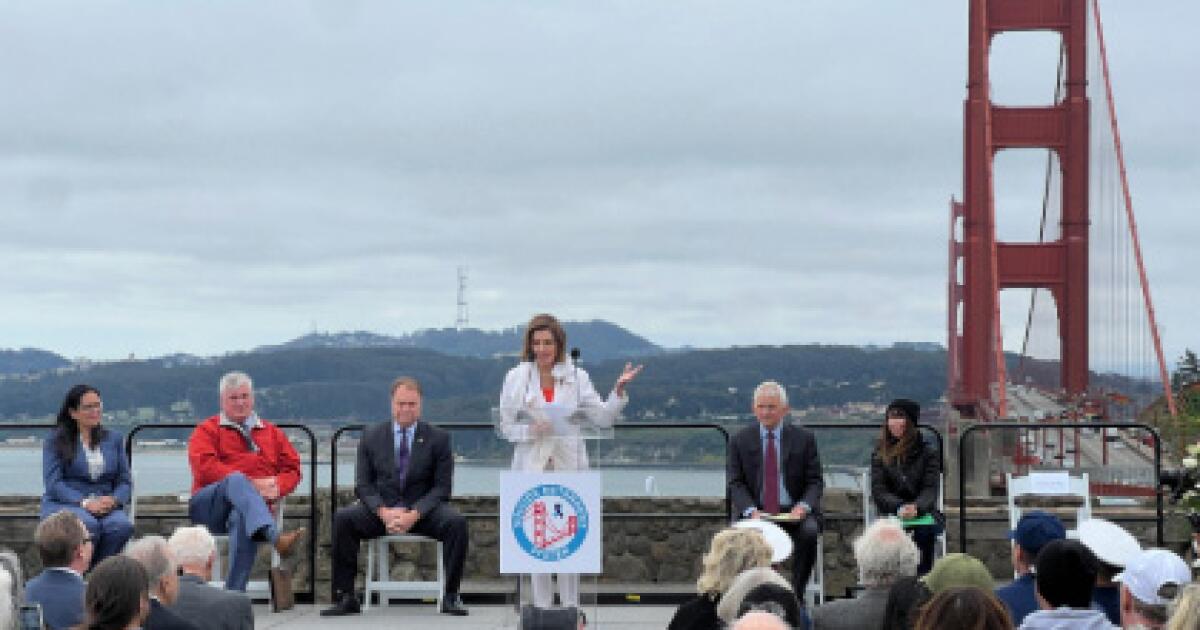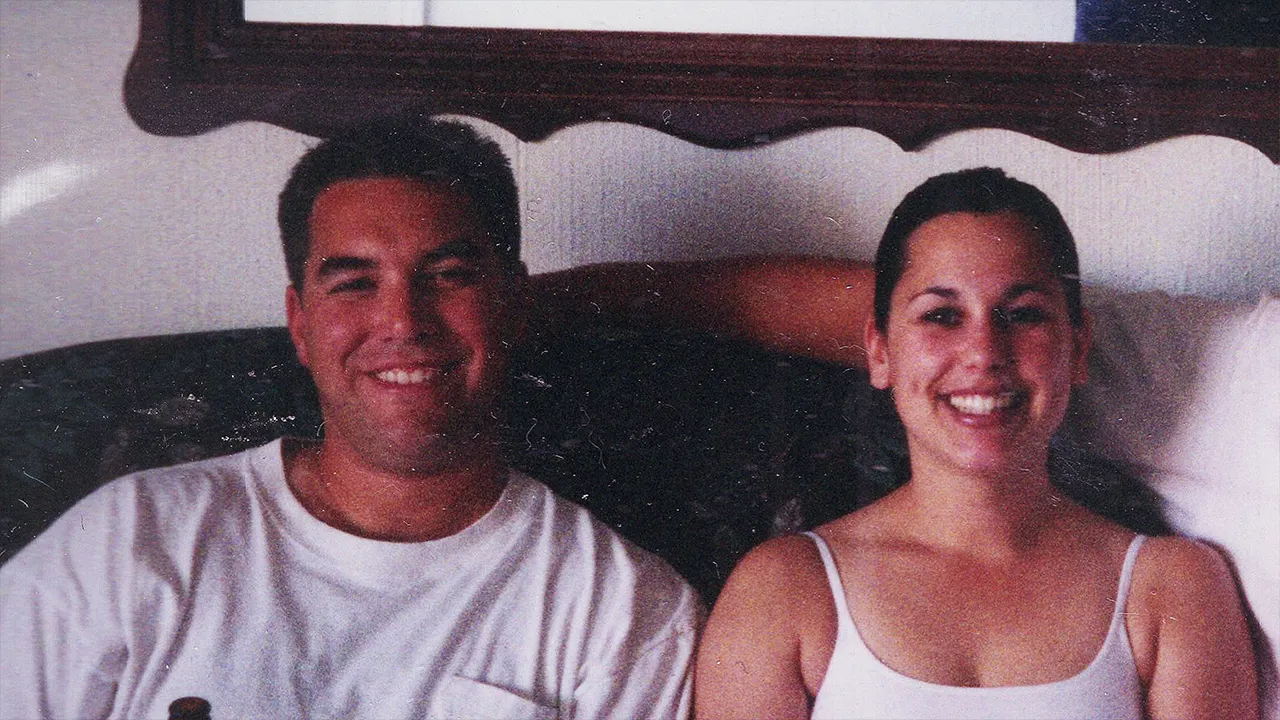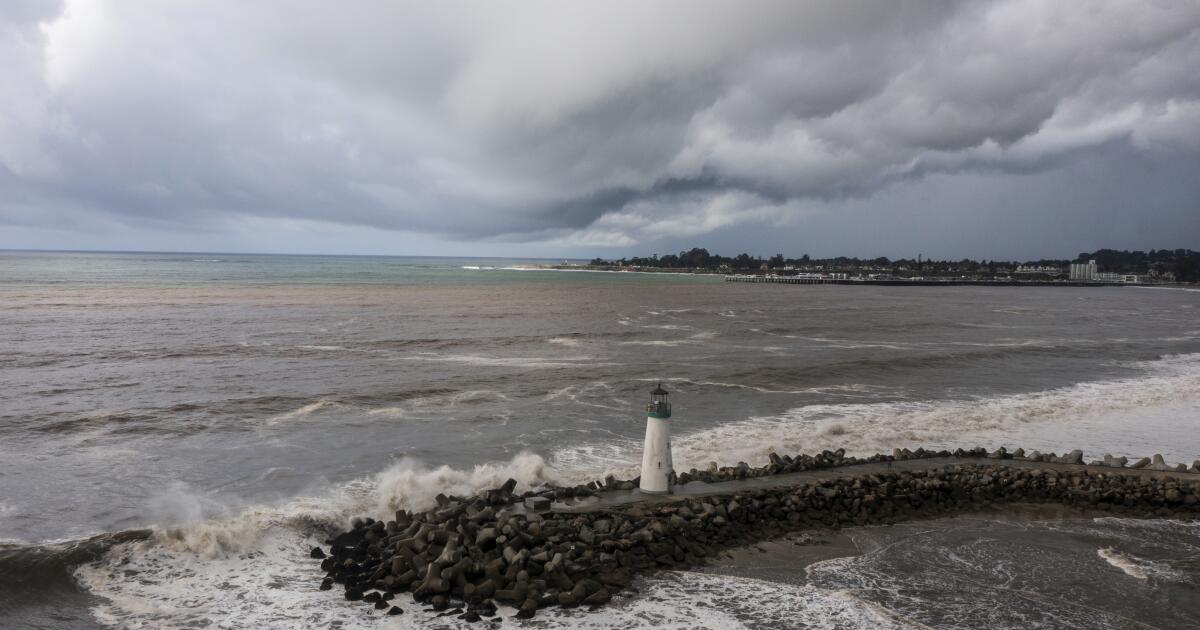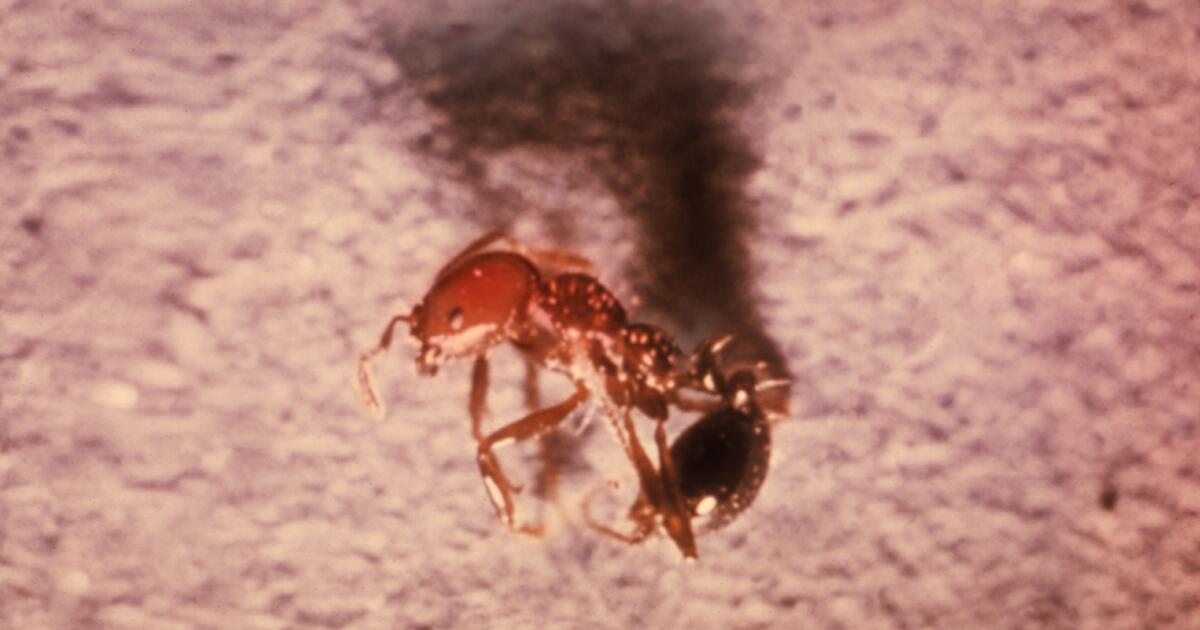Terrance Bradley, a former law firm partner and divorce attorney, testified under oath Tuesday about what he knew about the personal relationship of Georgia prosecutor Fani Willis and special prosecutor Nathan Wade. Bradley took the stand after Judge Scott McAfee determined that Bradley could not claim attorney-client privilege.
Bradley, when pressed under oath, said he could not remember several details and timelines about conversations he had with former client Nathan Wade about Wade's romantic relationship with Fani Willis.
Defense attorney Ashleigh Merchant at one point referenced text messages between her and Bradley in which she had asked Bradley if he thought their relationship began before Willis hired Wade in 2021. Bradley responded “absolutely” in the exchange of text.
But in court Tuesday, Bradley claimed he was “speculating” with those comments.
FANI WILLIS' TESTIMONY WAS 'BELLIGERENT' AND COULD DAMAGE HER CREDIBILITY, SAYS FORMER PROSECUTOR
Willis, the district attorney in Fulton County, Georgia, is accused of having an “inappropriate” romantic relationship with special prosecutor Nathan Wade, left. (Getty Images)
Lawyer Richard Rice later asked Bradley if he had a habit of telling “lies about his friends.”
“Do you tell lies about your friends? About a case of national importance?” -Rice asked.
“I might have, I don't know,” Bradley responded.
Bradely said he could not remember key details or specific information more than two dozen times in the roughly two-hour testimony in Fulton County Superior Court on Tuesday. He also claimed that she had only discussed Wade's relationship with Willis with Wade once.
DA FANI WILLIS OF FULTON COUNTY ACCUSED OF LYING ABOUT TIMING OF MATTER WITH TRUMP'S ATTORNEY
Bradley earlier this month avoided answering certain questions, citing attorney-client privilege. Judge McAfee said he would hold a “closed-door” meeting with Bradley to determine whether his claims of privilege are accurate. He said it appeared that Bradley may have been abusing his attorney-client privilege.
Bradley is the former law firm partner of Nathan Wade, who is accused of having an affair that financially benefited Willis after she hired him to help prosecute the election interference case against former President Donald Trump.
On Tuesday, Bradley said he had not spoken to Wade in two years after being friends for more than 10 years.
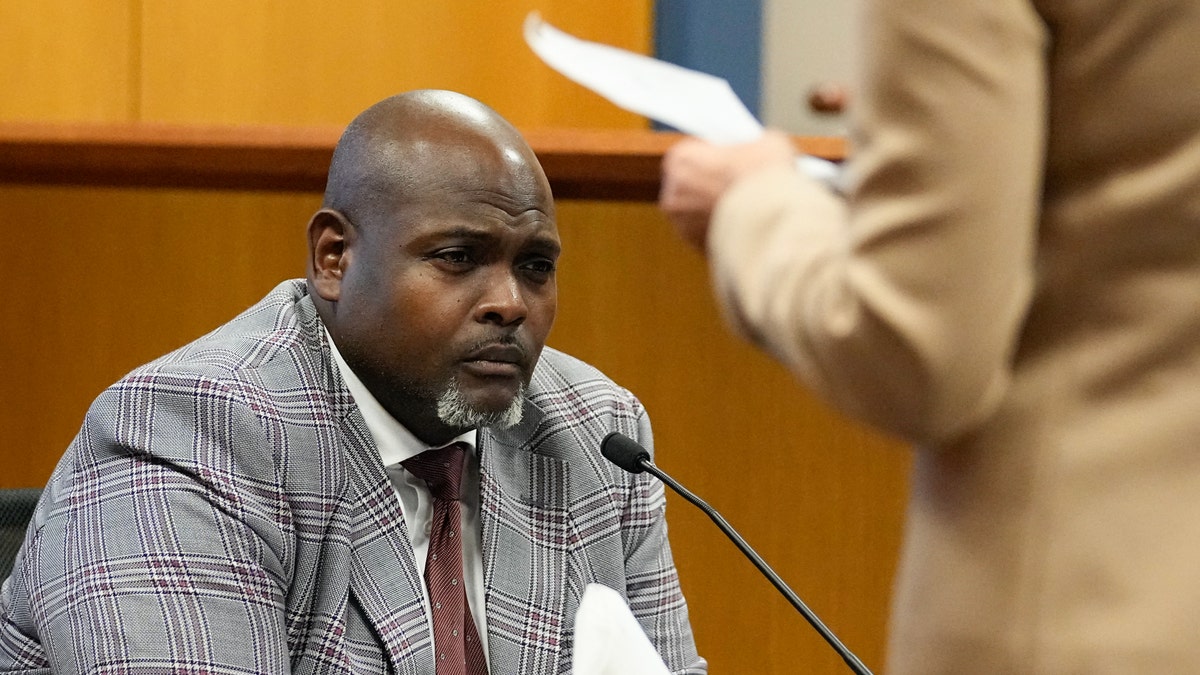
Terrence Bradley, a divorce attorney and former law partner of Nathan Wade, testifies during a hearing on allegations of misconduct against Fulton County District Attorney Fani Willis at the Fulton County Courthouse on February 27, 2024 in Atlanta. (Brynn Anderson/Pool/AFP via Getty Images)
Bradley had refused to answer some of the defense attorney's questions about what he knew about Wade and Wills' relationship and when he knew it, citing attorney-client privilege. Bradley, for a brief time, was Wade's attorney during Wade's divorce.
Judge McAfee determined after the closed-door conference that Bradley's testimony was not covered by privilege, leading to Tuesday's testimony, which will likely be the last installment of evidentiary hearings before both sides present their closing arguments on Friday.
Lawyers for Trump and his co-defendants who accuse Willis of having had an “improper” relationship with Wade will try to connect evidence that Willis and Wade lied about when their relationship began and should therefore be disqualified from the case.
Earlier this month, Willis' father, John C. Floyd III, took the stand and confirmed what Willis testified Thursday: that his father taught him to have large amounts of cash on hand at all times. He claimed that with these funds he reimbursed Wade for luxury trips, so he had no record of the payments.
She also said she did not meet Wade until 2023, and that she did not know her daughter was in a romantic relationship with Wade until about seven weeks ago, when allegations of misconduct by Willis were first made in court documents.
During their romantic relationship, which ended last summer, Wade and Willis vacationed in California wine country, the Caribbean and other destinations.
Michael Roman, a Republican political operative and co-defendant in the Trump case, first alleged that Willis had a conflict of interest in the case because he benefited financially by hiring his mistress. Four co-defendants have made similar allegations.
The crux of the defense's issue is whether it can prove with a money trail that Willis has a conflict of interest in the case against Trump and should be disqualified.
GEORGIA DA FANI WILLIS WILL NOT TESTIFY FOR A SECOND DAY ABOUT 'IMPROPER' MATTER WITH NATHAN WADE
Willis testified Thursday that she reimbursed Wade for his share of vacation expenses in cash, but she and Wade testified that there were no receipts for those transactions.
The defense, led by Ashleigh Merchant, is also trying to prove that Willis and Wade were romantically involved before Wade worked at the district attorney's office.
Both Willis and Wade insisted their relationship began in 2022, after Wade was hired. But they contradicted the testimony of Robin Yeartie, a former “good friend” of Willis and a former employee of the district attorney's office.
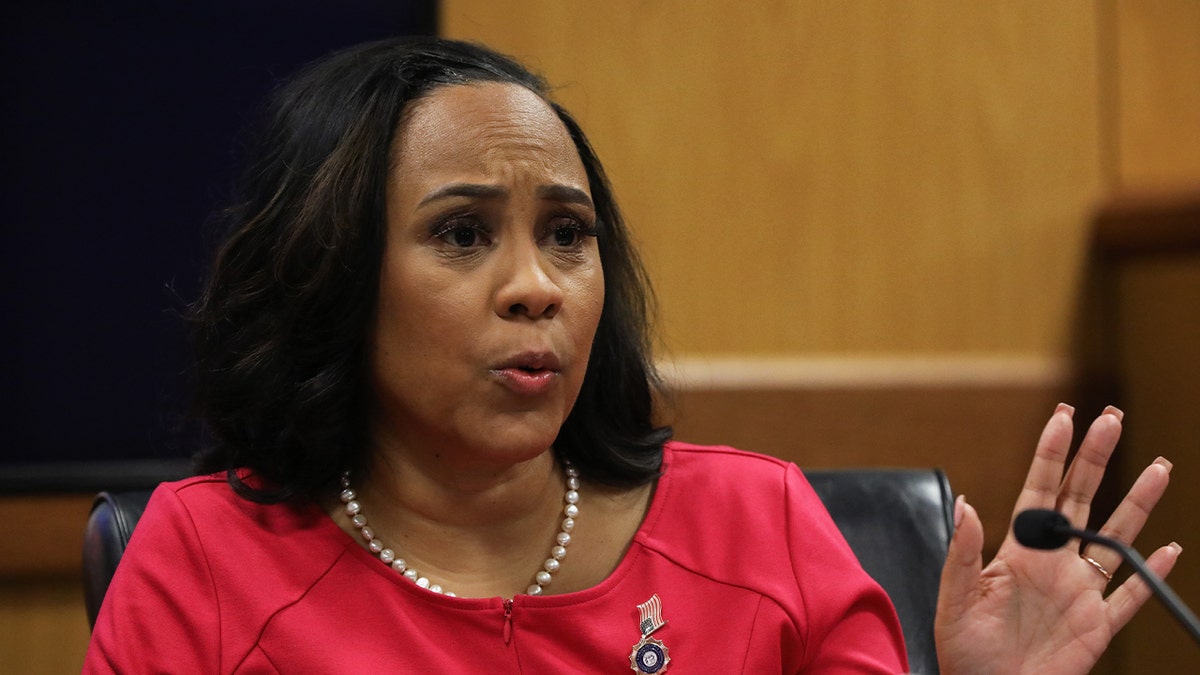
Fulton County District Attorney Fani Willis testifies during a hearing in the State of Georgia's case against Donald John Trump at the Fulton County Courthouse on February 15, 2024 in Atlanta. (Alyssa Pointer)
Yeartie said he had “no doubt” that Willis and Wade's relationship began in 2019, after the two met at a conference.
Yeartie testified that she observed Willis and Wade “hugging” and “kissing” and showing “affection” before November 2021 and that she had no doubt that the two were in a “romantic” relationship that began in 2019 and lasted until she and Willis spoke for the last time. in 2022.
Willis dismissed Yeartie's testimony and said she no longer considers Yeartie a friend.
The highlight of the two-day proceedings was Willis's own (and unexpected) testimony on Thursday, which was described by a expert as “belligerent.”
CLICK HERE TO GET THE FOX NEWS APP
She verbally clashed with her lawyers for hours, and at one point the judge threatened to overrule her testimony. She also raised her eyebrows at looking like she was wearing her dress backwards. She did not return to the witness stand Friday.
Judge McAfee said at the start of the proceedings earlier this month that it is “clear that disqualification can occur if evidence is presented demonstrating a real conflict or the appearance of one.”

